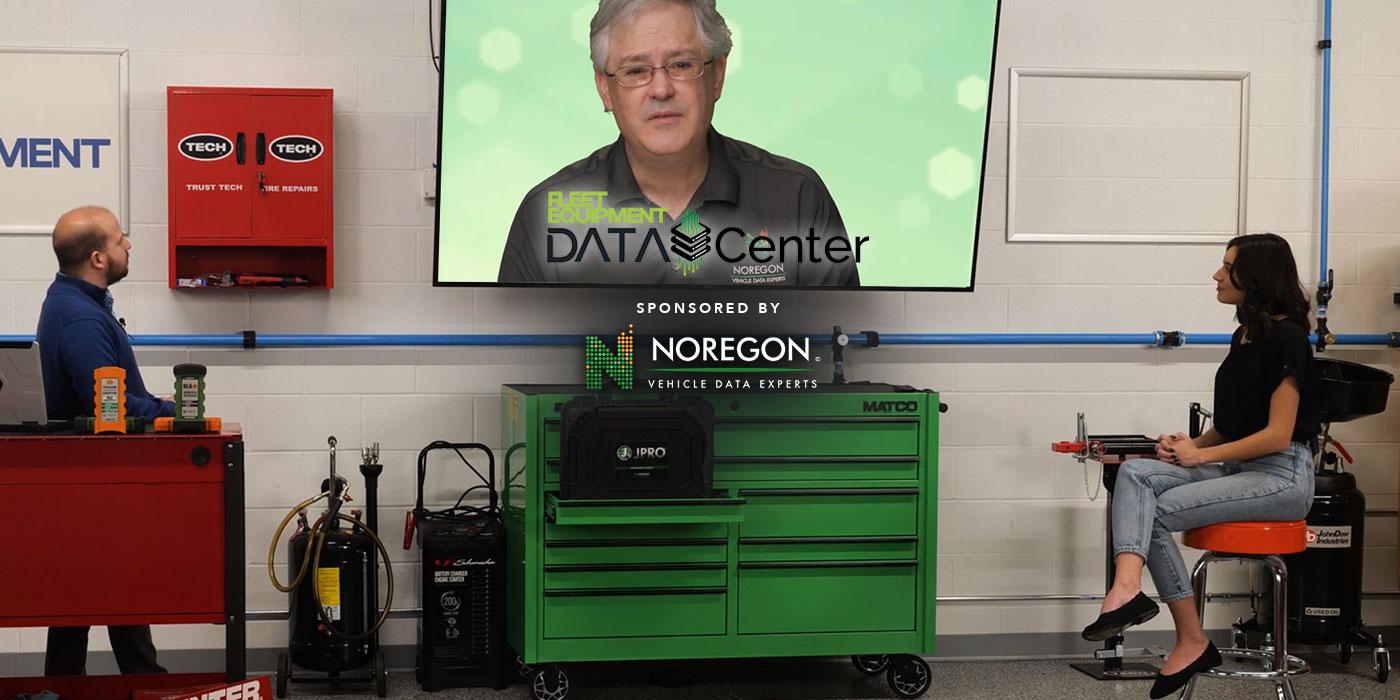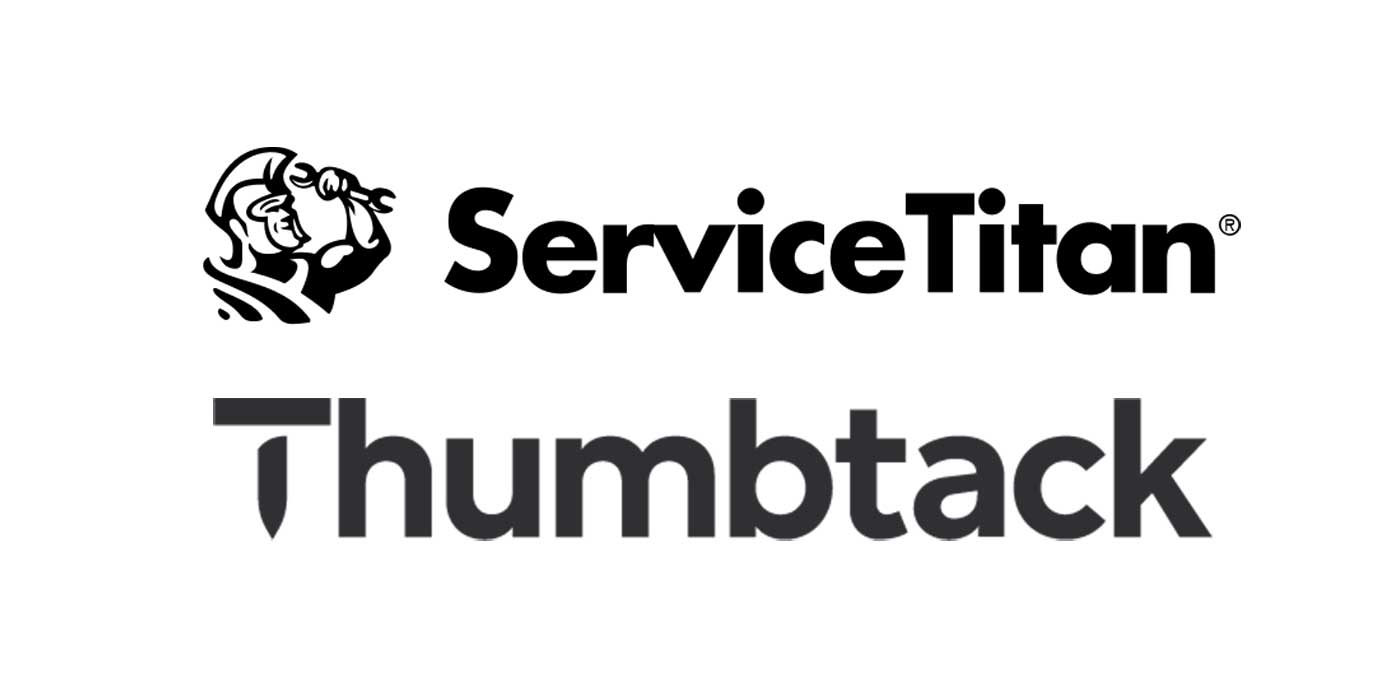When it comes to your fleet’s operations, understanding and monitoring Key Performance Indicators, or KPIs, is essential if you want to drive efficiency and growth. Access to the right metrics is paramount in accurately evaluating your fleet’s performance.
Understanding these benchmarks allows you to optimize and improve your fleet’s performance by comparing it to other successful shops in the industry. By identifying best practices and implementing them in your own operations, you can boost efficiency and quality. These metrics not only evaluate performance but also help you pinpoint areas for improvement.
In a broad sense, monitoring metrics such as downtime, repair time, parts usage and technician productivity is crucial. However, specific fleet applications may require additional key performance indicators (KPIs) to be monitored closely. For long-haul fleets, prioritizing fuel efficiency is vital to optimize operations and minimize costs. Monitoring KPIs such as fuel consumption per mile or gallon can provide insights into the fleet’s overall efficiency. That said, tracking the health and maintenance of critical systems that directly impact fuel efficiency, such as the engine and tire performance, becomes essential. Regular checks on engine health, tuning, and tire condition can help identify any potential issues and ensure optimal fuel usage.
Integrating other providers with component data management systems like fuel management, telematics and inventory management additionally can offer a streamlined approach to understanding operations.
That’s why utilizing an Application Programming Interface (API) helps by pulling in data from truck parts and displaying it on one dashboard. This can help you identify predictive maintenance intervals most suitable for your operations and zone in on the data sets most relevant to your vehicle’s performance.
With all the emerging technology permeating the commercial space, are there other things to consider now? I’m sure all of this applies to the diesel engines out on the road today, but how do these benchmarks differ when considering other zero-emissions alternatives? Are they different for hydrogen, electrification and other zero-emissions alternatives?
Hear the answers in the latest episode of Data Center.
Fleet Equipment’s Data Center is sponsored by Noregon. Subscribe to our newsletter to catch every episode as we’ll be diving into use cases, talking with the data pros and making data usage approachable.













